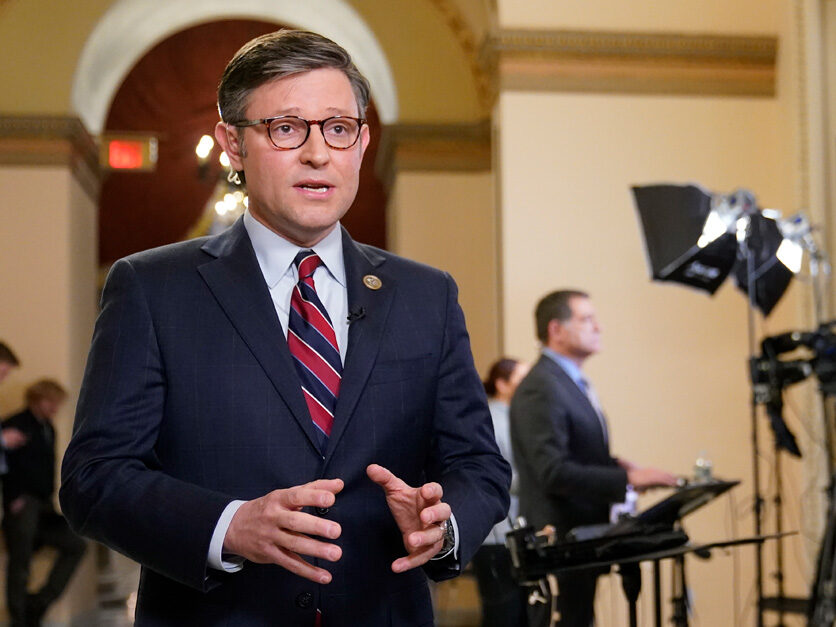Key Takeaways
- The House passed a budget resolution requiring $1.5 trillion in cuts, amid commitments for significant spending reductions.
- House and Senate committees have vastly different spending cut targets, with the House Agriculture Committee tasked with finding $230 billion over 10 years.
- Moderate Republicans express concerns about potential cuts to programs like Medicaid and the impact on rural communities.
Budget Resolution Passed Amid Diverging Goals
The House of Representatives has successfully passed a Senate-amended budget resolution by a narrow 216-214 vote, following negotiations with the Freedom Caucus. The resolution allows Republicans to initiate the budget reconciliation process aimed at implementing President Trump’s legislative priorities. It is also intended to prolong certain provisions of the 2017 Tax Cuts and Jobs Act while potentially increasing funding for agriculture.
A key point of contention lies within the contrasting mandates for spending cuts imposed on the House and Senate committees. The House Agriculture Committee is expected to identify $230 billion in cuts over ten years, while the Senate Agriculture Committee has a more minimal target of just $1 billion, predominantly from the Supplemental Nutrition Assistance Program (SNAP).
The Senate had previously adopted this amended version of the House resolution. Within the overall framework, the House’s requirement for a total of $1.5 trillion in cuts contrasts sharply with the Senate’s detailed target of only $4 billion. The negotiations intensified when members of the Freedom Caucus indicated they might oppose the measure. After discussions with GOP leadership, they secured assurances from the White House and congressional leadership about significant spending cuts.
Republican Rep. Chip Roy from Texas remarked on the “strong confirmations” they received regarding the scope of these cuts and the mechanisms through which they would be enacted. He emphasized the importance of aligning fiscal policies regarding spending and taxation.
Senate Majority Leader John Thune acknowledged the urgency to meet the $1.5 trillion savings goal and noted that several senators were fully committed to serious federal fiscal responsibility and deficit reduction.
Despite the passage being heralded as a success, challenges remain, particularly concerning the reception of the proposed cuts by moderate Republicans. For instance, Rep. Don Bacon from Nebraska has expressed skepticism regarding the feasibility of achieving the $1.5 trillion reduction, suggesting that the actual cuts may fall short of this target.
The commitment to preserving the 2017 tax cuts is essential for Freedom Caucus members and House Budget Committee Republicans, who believe that the expected economic growth stemming from tax cuts will help counterbalance costs.
Amid these developments, some moderate Republicans voiced their frustration, suggesting that the delay in the resolution’s vote by the Freedom Caucus was unnecessary. Rep. Jeff Van Drew from New Jersey emphasized the importance of caution ahead of upcoming midterm elections and expressed concerns that aggressive reconciliation debates could jeopardize the interests of more vulnerable members. He cautioned against cuts to Medicaid, which could heavily impact low-income families and rural healthcare.
Ultimately, Van Drew and other moderates are cautious yet willing to consider specific Medicaid reforms that do not harm disadvantaged groups, such as imposing work requirements for suitable individuals.
In addition, certain factions within the Freedom Caucus continue advocating for the repeal of elements of the Inflation Reduction Act, with discussions ongoing about protecting specific tax incentives, such as the 45Z tax credit for clean fuel producers.
As discussions around reconciliation progress, the focus remains on reaching a consensus that balances the pursuit of significant spending cuts with preserving vital social programs and maintaining the party’s unity heading into future elections.
The content above is a summary. For more details, see the source article.















